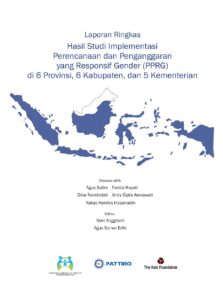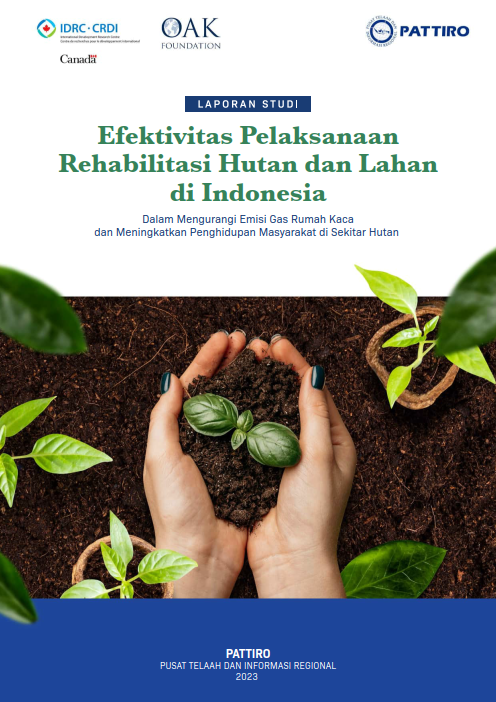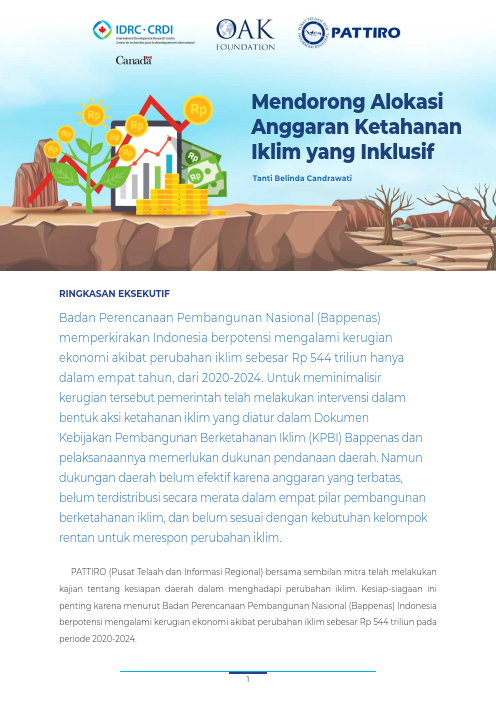 In the context of implementing PUG which is one of the 3 (three) main streams of national development, the government has determined PPRG as one of the steps to accelerate its implementation. Therefore, implementation is encouraged to support Gender Mainstreaming as a strategy used to reduce disparities between Indonesian men and women in accessing and obtaining development benefits, as well as increasing participation in and controlling the development process. PUG is carried out by integrating a gender perspective (point of view) into the development process in each sector. The implementation of Gender Mainstreaming will result in more effective public policies to achieve a more just and equitable development for all Indonesians, both men and women.
In the context of implementing PUG which is one of the 3 (three) main streams of national development, the government has determined PPRG as one of the steps to accelerate its implementation. Therefore, implementation is encouraged to support Gender Mainstreaming as a strategy used to reduce disparities between Indonesian men and women in accessing and obtaining development benefits, as well as increasing participation in and controlling the development process. PUG is carried out by integrating a gender perspective (point of view) into the development process in each sector. The implementation of Gender Mainstreaming will result in more effective public policies to achieve a more just and equitable development for all Indonesians, both men and women.
This study was conducted to map the changes that occurred in the last three (3) years 2010-2013 regarding the implementation of Gender Responsive Planning and Budgeting (PPRG), a momentum since the issuance of the 2010-2014 RPJMN until the issuance of the National Strategy for the Acceleration of PUG through PPRG.
After approximately 6 months since the beginning of 2014, with gratitude this study report can be presented to PPRG activists, with the hope of getting responses and input at the seminar so that it can be refined again.
We thank the study participants, PUG activists in the Riau Archipelago, East Java, East Kalimantan, Central Java, South Sulawesi and North Sumatra Provinces. Bintan, Sidoarjo, Kutai Kartanegara, Grobogan, Sidrap, and Serdang Bedagai Regencies, Ministry of Agriculture, Ministry of Health, Ministry of Education and Culture, Ministry of Public Works, and Ministry of Cooperatives and Small and Medium Enterprises. We also thank the Ministry of Women's Empowerment and Child Protection, The Asia Foundation, DFATD, and various parties that we cannot mention one by one.
It is hoped that this study will provide benefits in the form of practical knowledge contributions for gender mainstreaming activists in conducting advocacy as well as for decision makers to intervene and determine future policy directions in supporting PPRG implementation at the provincial, district and ministries/agencies levels.
Drafting team




